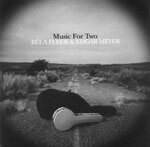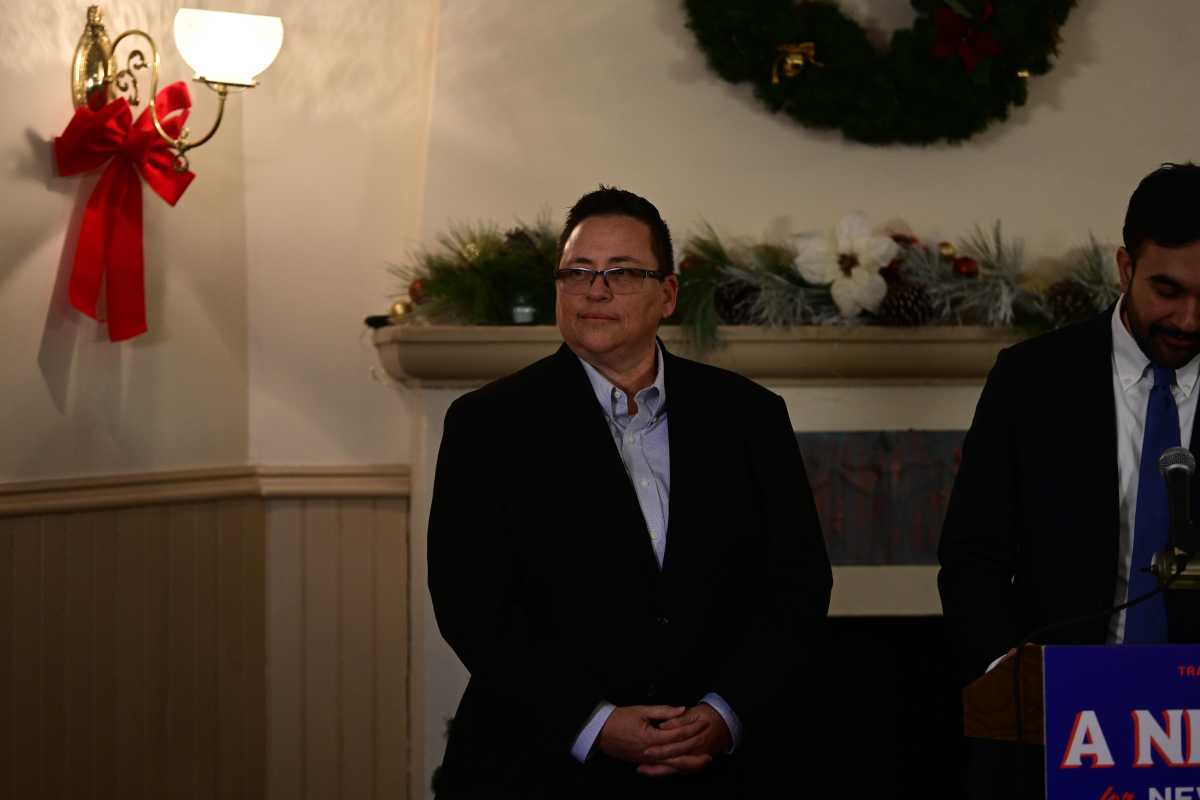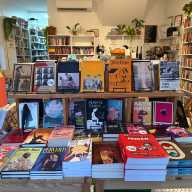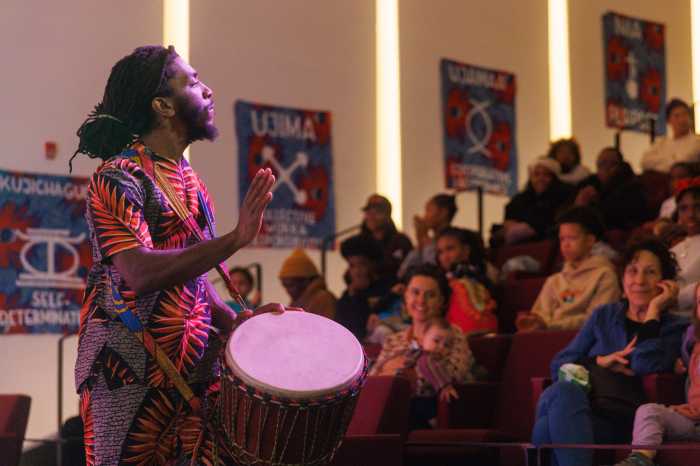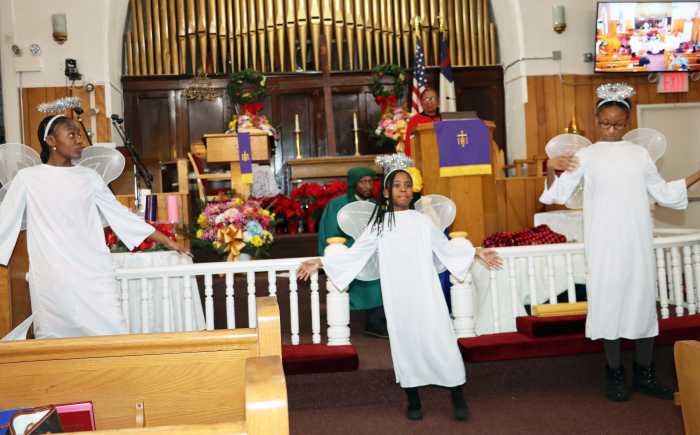A half-dozen CDs offer journeys of the soul through time and place
Putumayo World Music seems to thrive on world music compilations assembled from major and independent labels. While the majority of their choices share a sameness of modern beat and sound, the lyrics themselves often address timeless struggles for freedom and independence.
That we can smile and dance to South African Sibongile Khumalo’s (called a “national treasure” by Nelson Mandela) “Mayihlome,” a song that addresses the battle against HIV/AIDS in South Africa and the need for collective effort, or enjoy Zimbabwe-born Dorothy Masuka’s retro 1950s South African jazz style update “Mfan’ Omncane” without knowing that she was exiled from her adopted country in 1961 after one of her songs was banned as anti-government propaganda, is simultaneously comforting and disturbing.
Part of the “feel good” sameness of these pieces has to do with Putumayo’s remastering technique, which homogenizes differences in recording quality and sonics to produce a smooth compilation.
Regardless, there is much to enjoy.
Artists include transcontinental star Angélique Kidjo and Senegal’s Maria de Barros (goddaughter of Cape Verde’s Cesaria Evora). Standouts include Algerian Souad Massi, whose heart-rending, soulful invocation of the realities of war and spare guitar accompaniment bear similarities to early Tracy Chapman, and the a cappella Women of Mambazo, whose Zulu founder Nellie Shabalala was assassinated in 2002. For voices that address darkness with light, take a listen.
This beautiful disc of Gregorian chant honors the work of two great European women of the 12th century, Hildegard Von Bingen (1098-1179) and Herrad Von Landsberg (d. 1195). The fact that the music is sung by Discantus, Brigitte Lesne’s excellent a cappella ensemble of eight women, enhances the spirit of reverence and purity of the selections.
Von Bingen’s music, originally popularized via the best selling disc “A Feather on the Breath of God” from Gothic Voices and soprano Emma Kirkby, reflects the deep faith of its creator. Known as the “Sybil of the Rhine,” Von Bingen was dedicated to serving the Church by her parents at birth. She began to have visions at age three, and eventually moved to religious orders where she remained all her life. During that time, she experienced spiritual awakening, and wrote and published volumes of music, spiritual and scientific writings, and artwork. So impressive was Von Bingen’s intellect that even the men of the Church, unaccustomed to finding an equal place for women in their work, were moved to honor her.
“All the arts serving human desires and needs are derived from the breath that God sent into the human body,” she wrote. Honoring music as a shared experience of communion with the divine, Von Bingen believed that singing God’s praise was an “echo of the harmony of heaven.”
Herrad Von Landsberg compiled the “Hortus Deliciarum,” a veritable encyclopedia of learning, while serving as an abbess of the Monastery in St. Odile. Her 600-page work ends with a group of chants and hymns that, like Von Bingen ‘s, reflect upon divine mysteries. It is the music of Von Bingen, Von Landsberg, and other chants from the period that comprises this angelic program.

Subtitled “Sonic Journeys to Faraway Places,” independent musician Robin Barber’s 60-minute aural journey equally embraces the light and darkness of our multi-dimensional planet.
Rumbles that shake the speakers, cataclysmic musical statements, towering vistas, glorious emanations of spirit, fertile valleys, and peaceful landscapes alternately inhabit Barber’s sonic universe. It’s a vast and sometimes dangerous place, one that to these ears seems more truthful and less pretentious than some of the discs from Vangelis, Kitaro, and others of their ilk.
Barber, who currently resides in San Diego, was raised in the San Francisco Bay Area. Describing himself as a “true musical polyglot,” he plays organ, piano, hammer dulcimer, koto, recorder, and synthesizer. He also holds advanced degrees in science and has worked professionally as a geologist, biologist, and environmental consultant. Most important, in a time of mass denial, he seems willing to embrace the vastness and mystery of life on our fragile planet.
Barber’s space ship navigates over and through seven dimensions: “Living Earth,” “The Wind,” “Oceano,” “Fire,” “Sea of Grass,” “Forest,” and “Mountain Pass.” The journey is remarkably three-dimensional, with undeniable visceral and emotional impact. Indeed, if parts of this disc were used to support shamanic journeying, it would be quite a trip.
Exquisite, refined, rarified, and captivatingly beautiful. Such descriptions are inspired by “The Rain,” the live debut album of Indian-Iranian ensemble Ghazal.
Formed in 1997 by Shujaat Husain Khan (sitar, vocals) and Kayhan Kalhor (kamancheh), Ghazal creates music born of the interconnections between the classical traditions of North India and Iran. These traditions share many similarities in scales, modes, tunings, rhythms, and approaches to improvisation. Indeed, so natural is the fit between Hindustani and Iranian music that the untrained ear would never guess that each of the album’s three extended improvisations, entitled “Fire,” “Dawn,” and “Eternity,” is rooted in a union of authentic Indian and Persian musical modes.
Kayhan Kalhor was born in Tehran. After absorbing Iranian classical and regional repertoire and styles, he studied Western classical music in Rome and Ottawa. In 2000, the year before this concert in Bern, Switzerland, Kalhor won the American Federation of Independent Musicians’ “Best Traditional World Music Recording” for his collaborative disc, “Night, Silence, Desert.”
Shujaat Husain Khan is the seventh generation in a line of musical masters that includes his father Ustad Vilayat Khan. His style of sitar playing imitates the subtleties of the human voice, and is mated with spontaneously sung poetry.
The disc also includes tabla contributions from Sandeep, who along with Kalhor, has taken part in Yo-Yo Ma’s Silk Road Project worldwide tour.

The authentic cross-cultural alchemy heard on “The Rain” transcends words. It must be heard.
After the gorgeous sounds of Ghazal’s sitar, table, and kamancheh, Béla Fleck’s banjo seems born of a far more pedestrian world. His banjo picking and guitar strumming are stellar, as are Edgar Meyer’s double bass and piano. But Fleck’s “Bug Tussle,” the first track on this decidedly eclectic collection, for me marked a five-minute descent from Heaven to Hicksville.
The music grows in depth and impact. Scattered amidst original compositions by Fleck and Meyer, we discover their own arrangements of four pieces by J.S. Bach. Bach’s compositions have certainly been transcribed for almost every early and modern instrument under the sun, but hearing them performed on banjo and double bass is something else again.
This live disc, recorded during three different concert tours, is supplemented by a DVD of the two men rehearsing and improvising on tour. It all makes for a very upbeat, strangely familiar listening experience. I wouldn’t serve it alongside Ghazal’s main course, but as an after-dinner mint or dessert, it works quite well
Windham Hill is as reliable as Grandma’s lap. The label has been around for so many years, providing one comforting and nurturing experience after another. It thus seems fitting that it would finally give us a two-disc set of lullabies culled from its large catalogue. Banking on its reputation, the label also dispensed almost entirely with liner notes, instead simply listing track credits and the disc titles from which the selections are drawn.
Pianist Jim Brickman surprised me with the lovely intimacy he achieves on the familiar “Rock-A-Bye Baby.” The familiar melody is performed with an unexpected and positively seductive sweetness. Brickman in fact contributes seven of the set’s 28 tracks, at times joined by Carly Simon and Amy Sky. Tuck & Patti, Sinead O’Connor, the trio of Flora Purim, Airto, and Diana Moreira, and perennial favorite George Winston, though here at his least inspired. Put it all together, and you have almost two hours of lovely background music, perfect for lulling you into a state of reverie far removed from the realities of Western civilization’s precipitous decline.
Various artists

Putumayo World Music
2004
HERRAD VON LANDSBERG
Discantus Ensemble
Brigitte Lesne, artistic director
Naïve 2003
”Earth” Available from robinbarber.com
2003
“The Rain”

ECM
2003
Various artists
A Windham Hill Collection
2004
We also publish:


